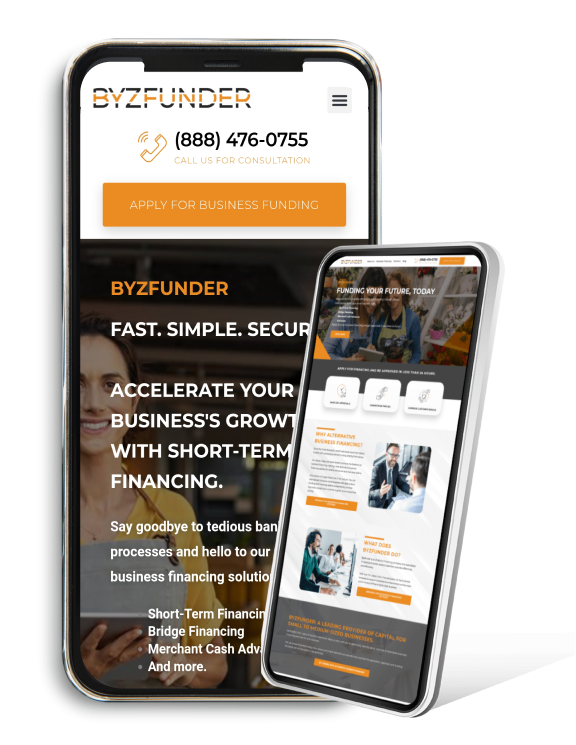Small business loans and business financing is available from various traditional banks, credit unions, and online alternative lenders. Getting the cash injection you need for your business to stay afloat is easier than ever. However, it is good to understand your options at these institutes as each lender is limited by its financial products and lending requirements. So, what are these limitations and products from each?
Traditional banks and credit unions generally offer a limited range of small business loans, including those backed by the Small Business Administration (SBA). Banks often have tighter borrowing standards than alternative lenders; however, it makes perfect sense that small business owners may still want to apply for a loan at an institution where they have an existing banking relationship, making it easier to finance.
That said, you are not guaranteed a business loan approval simply because you have banked with an institution for years. It may just mean a more straightforward application process.
The most common loan products offered by banks are listed below:
As mentioned previously, products and qualifications differ at each institution. Therefore you should thoroughly research each bank, their terms and products, and whether it’s the best option for your small business.
Alternative lenders have more flexible borrower qualifications than traditional banks. What’s more, approval rates are much higher with an Alternative lender as we do not need as much, if any, collateral to approve financing.
We can provide faster funding options than traditional lenders as the paperwork is far less, making it easier for underwriters to determine rates and approval. If a small business needs immediate cash for cash flow, operational expenses, and more, you should reach out to an alternative lender.
Most lenders take 72 hours to approve; however, if you are looking for an even faster alternative, we provide business financing approval in less than 24-hours. The most common, but not limited to business financing options offered by alternative lenders are;
So, with this newfound knowledge of the types of lenders you can reach out to for small business financing, what are the general steps to getting a loan or financing?
Some lenders limit what industries they’ll finance. A few industries will not receive loans or financing from alternative lenders or banks due to the strict compliance laws surrounding them. Industries like the cannabis industry are deemed as high-risk industries, and thus lenders will not offer any financing solutions. It’s best to understand who will fund your type of business, how much money you need, what the qualifications are to receive those funds, and approach the best-suited lender to help your business grow.
As with any lending, your credit profile determines whether a bank or alternative lender will provide you with business financing. When evaluating an application, lenders typically look at a business owner’s credit score. When applying for an SBA loan or a traditional bank, the scoring is a lot higher and is generally at 680 to qualify for any loan; however, it can vary per product and amount.
Alternative lenders are a lot more lenient when it comes to credit scores and profiles. The average industry credit score approval is 600 and 550, respectively. ByzFunder takes it a step further and will look at funding businesses with scores as low as 450.
We can’t say this enough. Research lenders! When shopping for small business financing, determine whether your current bank offers small business loans that meet your needs.
Research other banks, credit unions, and alternative lenders to compare financing amounts, rates, terms, and reputation. As you will be working with this lender for some time, you want to ensure you can always maintain a good working relationship; thus, choosing the right lender is crucial.
Better to be prepared than not. “Failing To Prepare Is Preparing To Fail” — Benjamin Franklin. Required documentation varies by lender.
Banks and credit unions require a business plan, at least 12 months of bank statements, tax returns for at least two years, and details about any current and past business loans. They may also need copies of applicable business licenses and legal documents, details about available collateral, and a description of how loan proceeds will be used.
Alternative lenders make it so much simpler for you to apply. All they need to get the process going and approved is for you to complete a quick online form and attach 3 months’ banking statements. Most alternative lenders only conduct a soft credit pull, determining your financing eligibility. Gather all those documents ahead of application, and the approval process will take less time.
Once you research the best small business financing options and have decided on the best option to grow your small business, it’s time to apply. Take the leap and submit the formal application. Some banks allow for digital applications, whereas others need you to hand in documents physically. Whatever the process, and whatever the institution you choose – banks, credit unions, or alternative lenders, familiarize yourself with the application process and contact customer service with questions if you have any.
And, if you are ready right this minute to take your business to new heights, apply for small business financing with us today. A no-hassle, obligation-free application is one step away!
